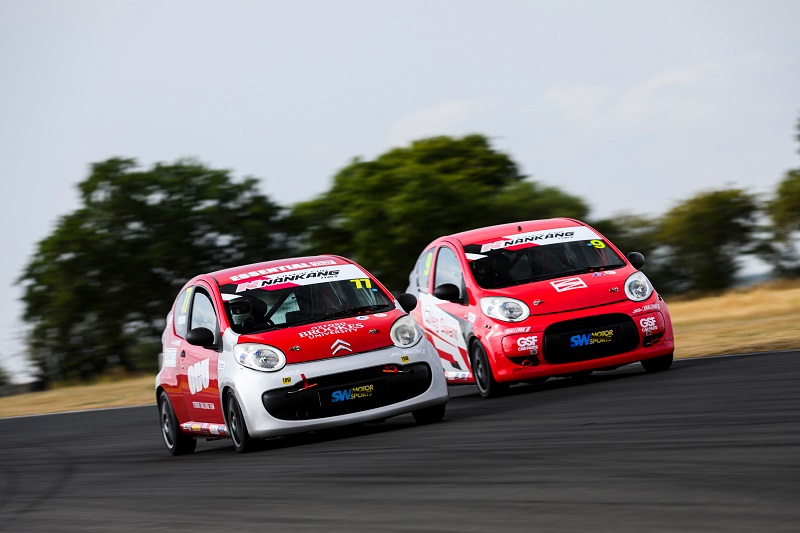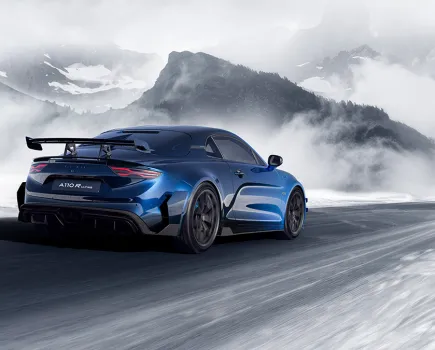The BRSCC’s CityCar Cup is bringing fresh faces into racing, without costing them an arm and a leg.
Words by Graham Keilloh & James Bowers, Motorsport News. Photos by Jon Elsey & James Roberts
Got the need for speed, but always been put off by the expense? Well, this new entry-level tin top series is aiming to bring motorsport to the masses.
Often, the biggest barrier to car racing is money – it’s fine if you’ve got a charitable sponsor or two onboard, or a healthy salary to fit the bill, but what about the rest of us?
The British Racing and Sports Car Club (BRSCC) is seeking to answer that question with its CityCar Cup. It launched the contest in 2020, featuring one-litre Toyota Aygo, Peugeot 107 and Citroen C1s, with the promise of going racing for around £7000 all-in.
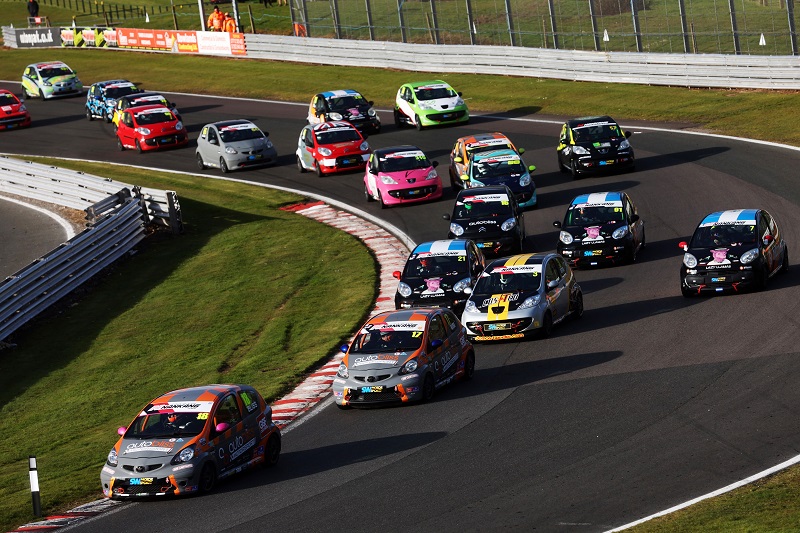
“A whole goal of developing the CityCar Cup was to bring new people in,” Greg Graham, BRSCC’s head of formulae development explained. “We didn’t avoid the fact that experienced racers would enjoy it as well, but the whole target audience were people that hadn’t raced before.”
Around two thirds of the 38-strong entry list at round one were brand new to the sport, so it’s safe to say that the mission was well and truly accomplished.
Now, in 2022, this push for newcomers has been taken a step further by introducing a student-specific class within the championship. The Student Motorsport Challenge allows the next generation of motorsport engineers, drivers, and strategists to form, run and fund a race team for real, with the backing of their university or college. At the most recent event at Snetterton, the number of all-student entries had grown to seven, and it’s hoped that the tally will double in 2023.
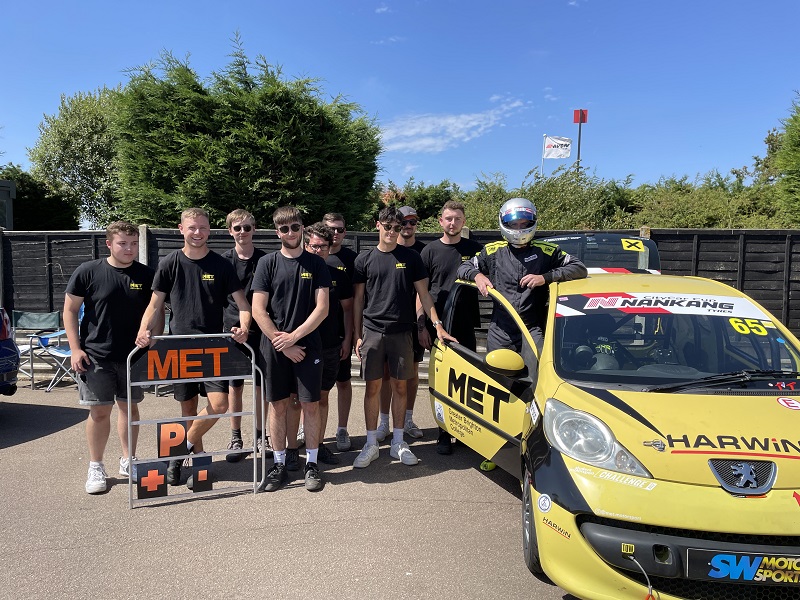
You don’t have to be a student – or even a youngster – to enjoy the CityCar Cup though. A lot of work has been put in by the series organisers to ensure that the superminis used in the championship are modified well enough to feel like a proper race car.
Graham first stumbled upon the little Citroen’s potential when he raced one himself in the C1 endurance competition, and given that they share a platform, he knew that the Aygo and 107 would offer something similar.
“Having sat in [a C1] and raced one at Rockingham in the first 24 hour, it became apparent to me that it’s a proper little race car. People that have got negatives towards them have not driven them,” he notes.
“So that’s where the idea [for CityCar Cup] came from. I thought a sprint format would be interesting, also the competitiveness of bringing in three different marques rather than sticking to the one car added another little dimension.
“We’ve specced the cars differently from the endurance cars in that we’ve put race suspension on them and semi-slick tyres, which changes the dynamic of the car completely.
“We didn’t skimp on any area but we minimised the amount of spend that people would have to put into the cars.”
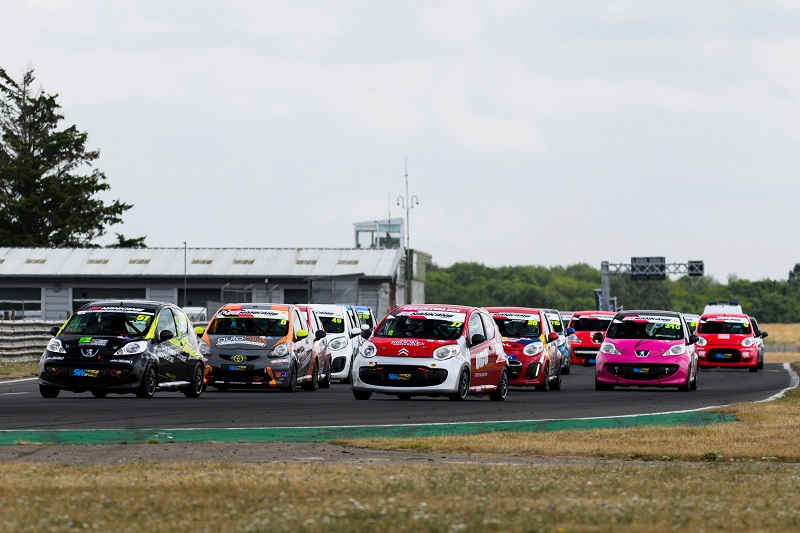
The efforts seem to have paid off, as Ben Creanor – an ex-Euro NASCAR driver – testifies. Creanor recently had a go in the Citroen prepared by Oxford Brookes University, and was impressed by what he found.
“They’re really not hard to drive at all,” he said, “but they become more difficult on the limit.
“They are very momentum based and they haven’t got the power to pull themselves out of corners if you make a little mistake, so you’ve got to be absolutely perfect with every movement. That’s brilliant because it means that you can have a proper challenge on a really tight budget, with a lot of other cars mere inches away from you.
“It’s very NASCAR-esque, the fact that they will race in packs. Up and down the field you’ve got a great battle, it doesn’t really matter where you are – it was some of the most fun I’ve had in a car!”
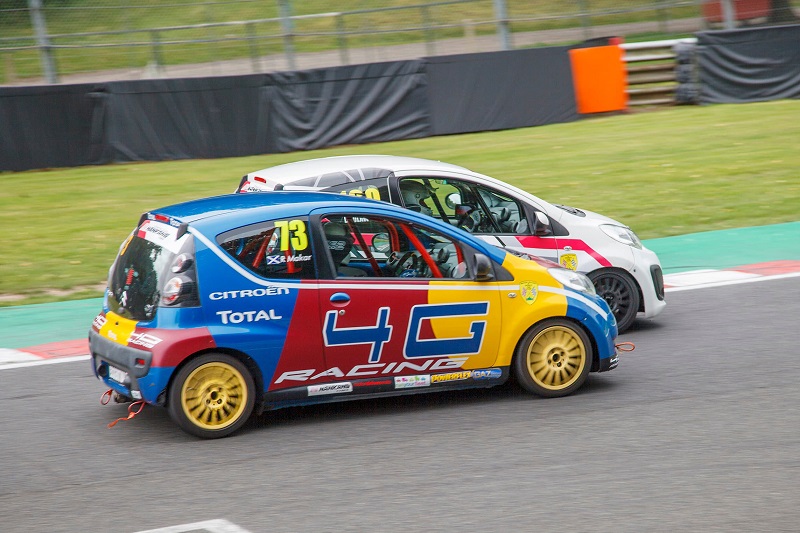
That sentiment is backed up Alex Makar, part of the 4G Racing squad which also competes in the MG Trophy.
“It suits every sort of a racer, and it’s a stress-free weekend. Very seldom does anything go wrong, the engines are really good, and if you do manage to blow up your engine it’s only £300 and you’ll get another one, it’s very attractive that way.”
In fact, when Makar puts the money into perspective, the numbers become all the more impressive.
“To run an MG ZR190 cup car for a year you’ve got to set aside about £12,000-£15,000,” he reveals. “That’s not buying the car, that’s just rebuilding the engine and buying tyres and running it. Whereas the CityCar Cup, once you’ve set up the car, your only expense is your entry and your fuel, and they don’t use a lot of fuel.
“We use 60 or 70 litres in a test day for the MGs, and even 20 litres in a race, whereas the C1 will only use seven litres in a race.
“The main thing is the tyres because you’ll spend £240 or something on a set of tyres all year rather than the likes of a ZR190 [where] £240 is one tyre and you need 14 of them. So it’s a big, big cost difference.”
Put like that, it’s easy to see why the CityCar Cup is becoming so popular with drivers on a shoestring budget.
If you’d like to find out more, or perhaps even get involved, head over to the BRSCC’s website.

